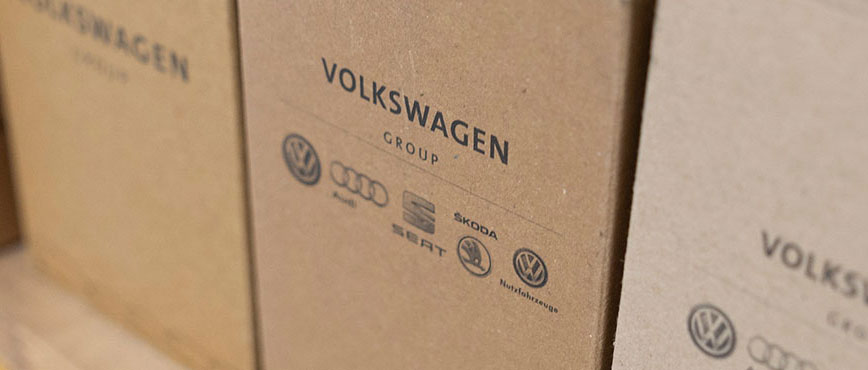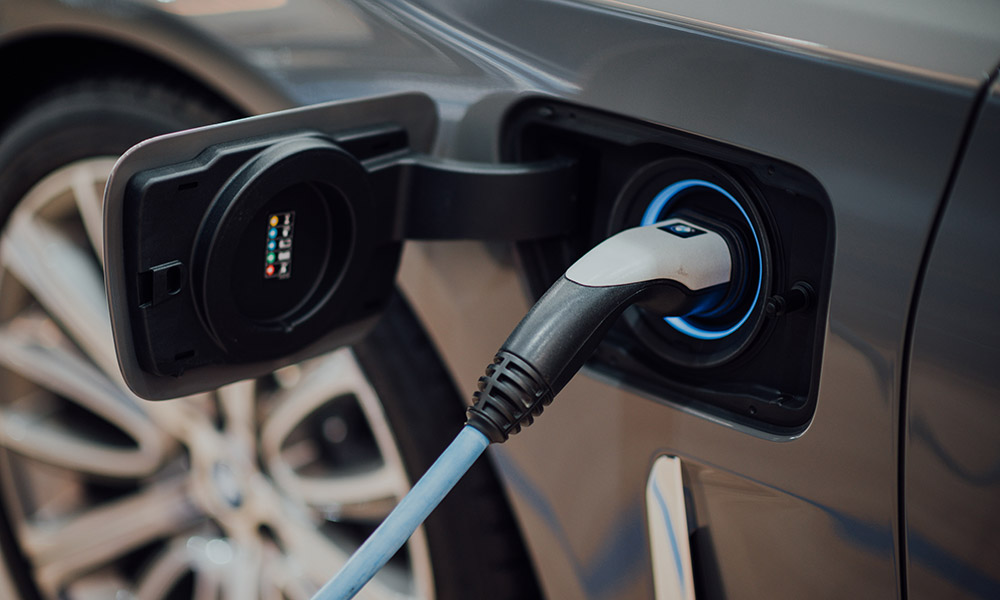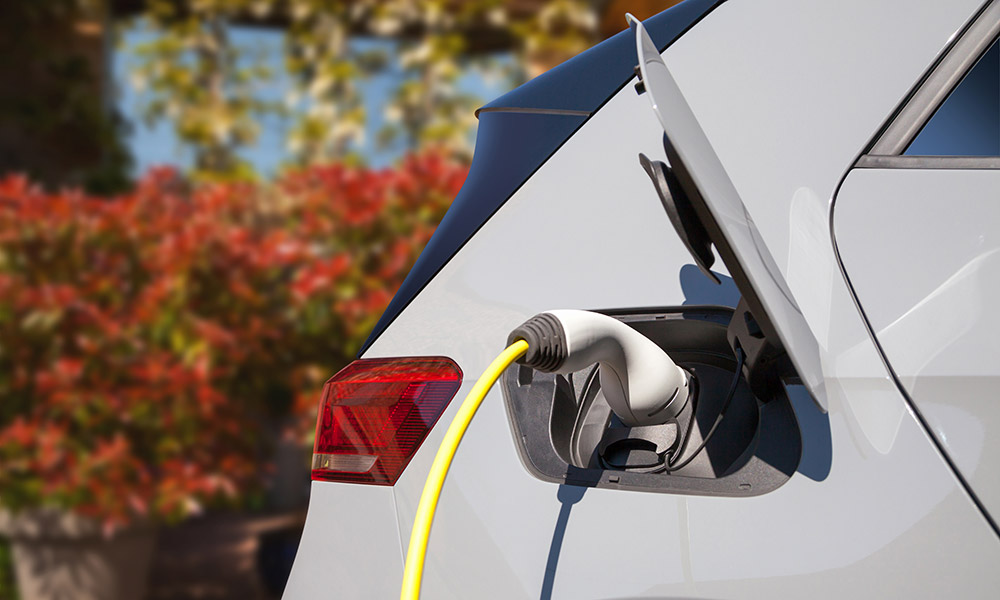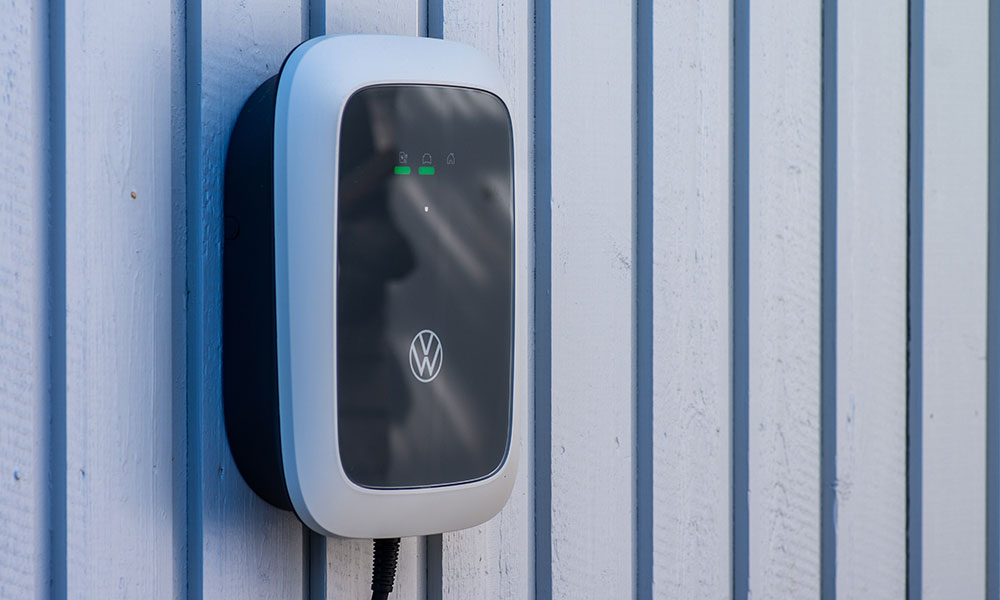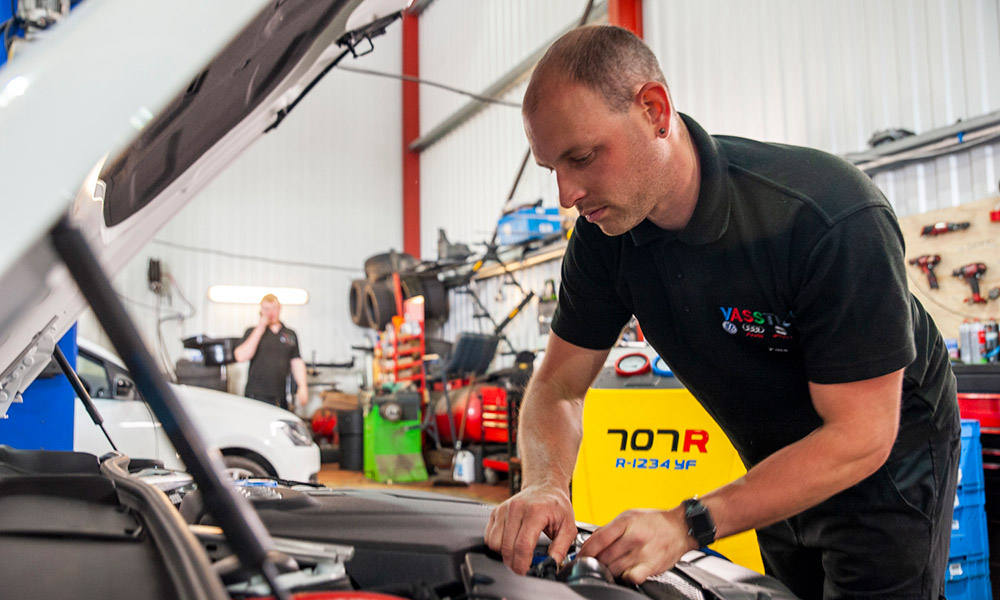Purchasing VW commercial vehicles in 2022: Should your business switch to electric?
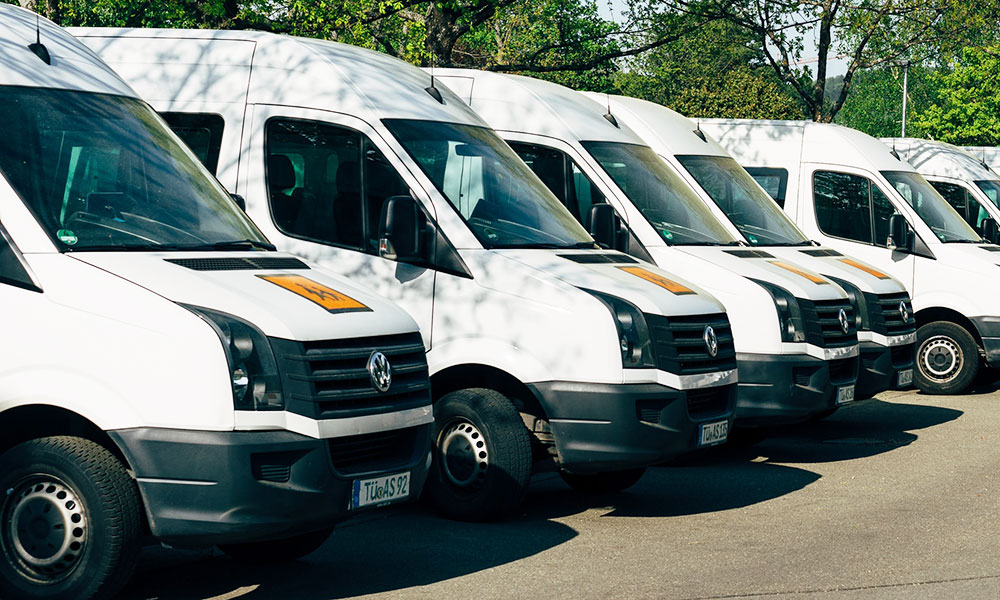
When you think of a commercial vehicle, a standard delivery van that comes to drop off your online shopping parcels might come to mind. And you wouldn’t be wrong, as this is probably one of the most common uses for these vehicles.
Commercial vehicles come in all shapes and sizes, some even equipped with an electric battery so they can run on zero emissions. With so many varieties out there, it’s important to know what actually classes as a commercial vehicle, what some of the most popular models are, as well as what’s in store for the future of commercial vehicles, like whether or not switching to an electric delivery van is the way to go.
So, let’s jump right into the world of commercial transport, so you can decide what’s the best choice for you, and your business.
What qualifies as a commercial vehicle?
Many people will see commercial vehicles as just a ‘van’, and although many of them are, the official definition goes way, way beyond that. According to HMRC, there are a few things that are necessary for a vehicle to classify as commercial, including:
- The vehicle must weigh 3.5 tonnes or more.
- A proper cargo van delivery vehicle must be able to haul at least one tonne of goods
- Its main purpose needs to be for business trips rather than personal, like transporting equipment and goods.
Vans, pickup trucks, lorries and panel vans (or car-derived vans) all qualify as commercial vehicles. Essentially, it’s a vehicle that has the right facilities to carry goods.
On the other hand, a non-commercial vehicle is quite the opposite. It’s a vehicle that’s designed to carry passengers, rather than products. In other words, a non-commercial vehicle is basically just any other type of car you could think of that’s not used for business purposes.
Absolutely. Commercial vehicles like a panel van require more durable, heavy duty tyres than those required for a standard car – labelled ‘C’ style tyres. This is to accommodate long journeys and heavy cargo.
Typically, it’s fine to park commercial vans on residential streets just the same as you would park an ordinary car. However, be mindful – you don’t want to annoy the neighbours! For large goods vehicles on the other hand, the rules are slightly different. You must not park on a verge or the pavement, unless you’re loading or unloading.
What is a panel van?
These are the usual types of commercial vehicles you’ll see on the streets most often. Also known as a car-derived van, a panel van is characterised by its box-like shape and spacious area in the rear.
Typically the vehicle of choice for traders like electricians and plumbers, as well as delivery firms, panel vans are versatile and incredibly popular. With the ability to balance carrying and transporting heavy goods, tools or equipment with ease of driving, it’s no shock as to why panel vans are so popular.
Typically boasting a single front bench seat and a large rear to hold cargo, a panel van is one of the most common types of commercial vehicles, especially from the VW Commercial Vehicles range. Classic and simple, a popular variety is the VW Transporter Panel Van.
The best panel van will be one that’s solid, sturdy and reliable enough to carry weighty tools and equipment. Popular models include Ford Transits and the range of VW Panel Vans, such as the VW T7 Panel Van.
What commercial vehicles are on the market today?
Popular commercial vehicle models
The ownership and use of commercial vehicles like vans is ever increasing, with a reported 4.6 million vans on the roads in 2020. And while there are loads of options on the market, there’s definitely a few old favourites that people constantly keep returning to. Let’s take a look at two of the most popular choices:
- Ford Transit Van – Simplistic, standard and secure, a Ford Transit has a large load capacity and is perfect for getting you, and your goods, from A to B.
- VW Transporter Van – One of the most reliable vans out there, this VW panel van is a self-proclaimed ‘jack of all trades’, holding a promise to get you, your team and your tools to your destination safely. Also classed as a 4×4 commercial vehicle, it’s perfect for driving anywhere and everywhere.
The VW Commercial Vehicles range encapsulates a whole range of vans, all of which are versatile and easygoing, which is why VW commercial vans has been named the most reliable van manufacturer for the third time due to their durability and high quality.
Commercial vans are built to be sturdy, secure and heavy duty, so by default, they’re all pretty reliable. However, with VW Commercial Vehicles being voted the most reliable van manufacturer multiple times, it’s safe to say that the VW Transporter Panel Van comes up on top.
Currently, VW Commercial Vehicles has a wide range of VW commercial vans that are perfect for all scenarios, so they’re always a reliable choice. However, if you (or your business) wants to get ahead on the mission towards a greener future, purchasing an electric panel van could be the way to go.
Making the switch to electric
As you’ll already be aware, the world is slowly but surely switching to electric. With more people driving electric cars in their day to day lives, it only makes sense that we switch our delivery vans, lorries and other commercial vehicles over to the green side too.
And as it seems, businesses are already taking on this mission across the country.
Electric delivery vans have been popping up left right and centre, now making up a total of 3.6% of all vans in 2021, and then continuing to increase to 5.5% in August 2022. And that figure is only set to keep going up.
More and more commercial vehicle providers are offering electric models of some of their most popular models, such as the Ford-E Transit. Similarly, VW Commercial Vehicles have their own range, including the ABT e-Transporter 6.1, which is essentially just the old faithful VW Transpoter Panel Van, made electric.
On the other hand, in the same range of electric vehicles, the brand spanking new ID Buzz and ID Buzz Cargo have both just recently launched. Attractive and multifunctional, one is perfect for road tripping and exploring, while the other is built for businesses, with plenty of loading room and an integrated workstation, allowing you to drive your business towards a sustainable future.
Is it worth swapping to an electric commercial vehicle?
Electric vans are performing strong, with total sales rising by almost 15%, taking the entire market share up to around 6.1% – a significant rise of 4% from last year. And what can we say, the figures don’t lie.
Advantages of electric commercial vehicles
Of course, switching to electric has monumental benefits for the environment, even more so if businesses catch on and widely adopt electric commercial vehicles for their fleet. And of course, if you are running a business, showing the world that you’re doing your bit for the environment propels a positive image that you’re socially responsible and conscious of your environmental impact.
That being said, going electric doesn’t just have benefits for the planet, it can benefit you too.
With lower annual running costs since you don’t need to worry about filling up the tank, alongside government incentives like lower tax, free parking and free charging, switching to electric seems like a perfect option.
Disadvantages of electric commercial vehicles
The main problem that’s holding pretty much every person and business from making the leap to electric vehicles is range anxiety.
Although the distance an electric vehicle can go on one charge is constantly improving, it’s still quite impractical if you need to travel long distances. And with charging times still relatively slow, the inconvenience is a huge concern for businesses that need to travel far under strict time constraints.
But despite this, there is absolutely no doubt that electric vehicles are going to reshape the future of commercial vehicles. And although the mass adoption of electric panel vans is still only a relatively small percentage at this time, it’s always on the up.
How have ‘Clean Air Zone’ initiatives impacted businesses using commercial vehicles?
More and more cities are introducing ‘Clean Air Zones’ as a part of an initiative to reduce their environmental impact. Clean Air Zones are delegated areas in a city where a driver may be ordered to pay a fee to enter, depending on how environmentally-detrimental the vehicle is to the environment.
There are four types of Clean Air Zones, ranging from Class A to D, and each city can decide themselves which class they’re in. Class A is the most lenient and some types of commercial vehicles might get away without a fee, but most cities operate on Class B to D.
With nearly every city in the UK having said that they’ll implement and enforce Clean Air Zones by the end of 2022, over 55% of business owners have said that it’ll have a detrimental impact on their business.
And this is where electric vehicles will really come into their own.
Fleet managers will need to consider the strain of a daily toll charge for their vehicles to enter the city if they don’t comply with clean air standards. And of course, the most effective way to go green and avoid all these costly fees is to get to work replacing all non-compliant vehicles with a greener option, such as an electric panel van from the VW Commercial Vehicles range.
Whether you’re already an owner of a commercial vehicle yourself, such as a VW panel van, or even if you’re the manager of a business fleet, it’s important to take note of the continuing shift to electric. Electric is the future, and you don’t want to be left behind.

